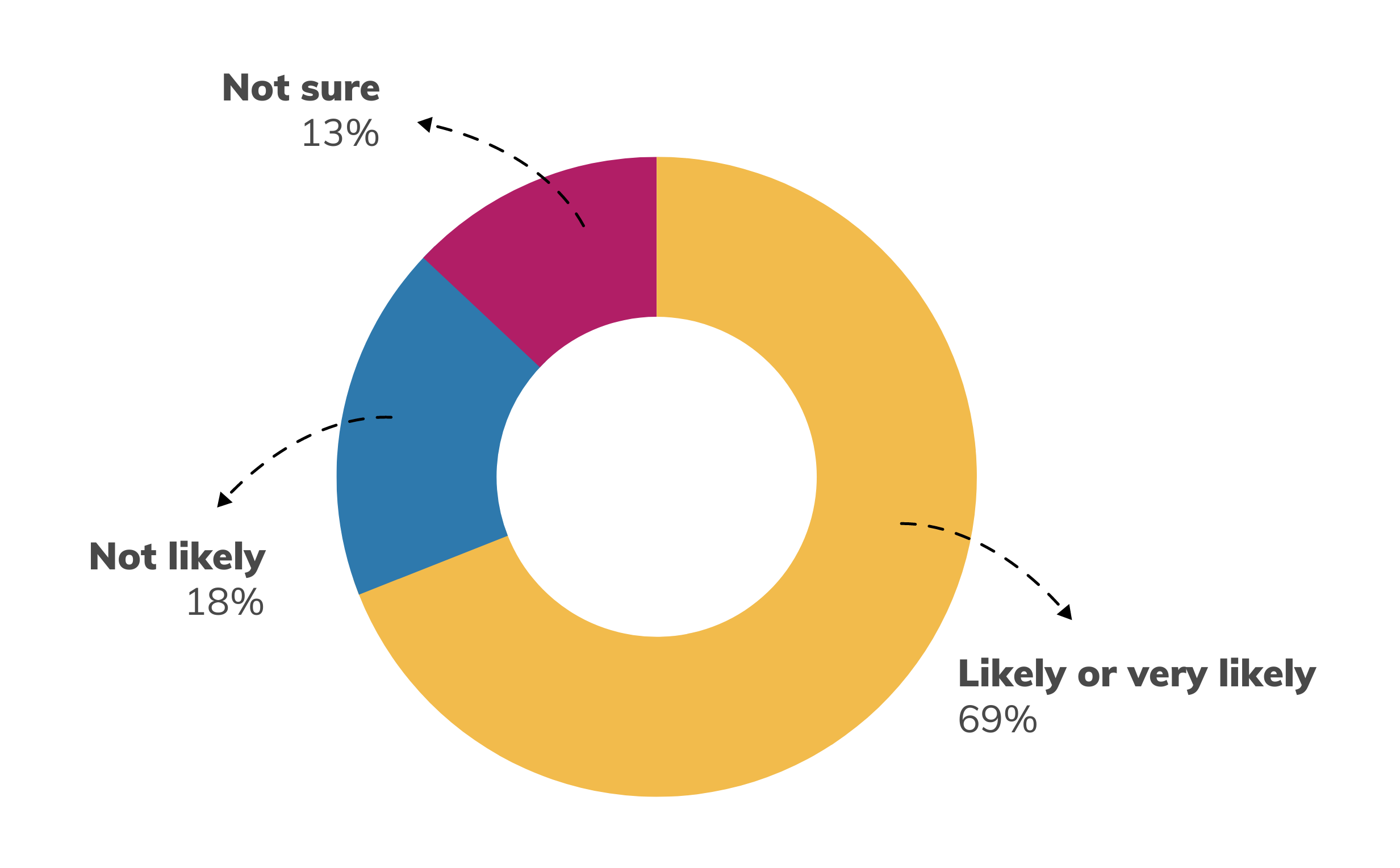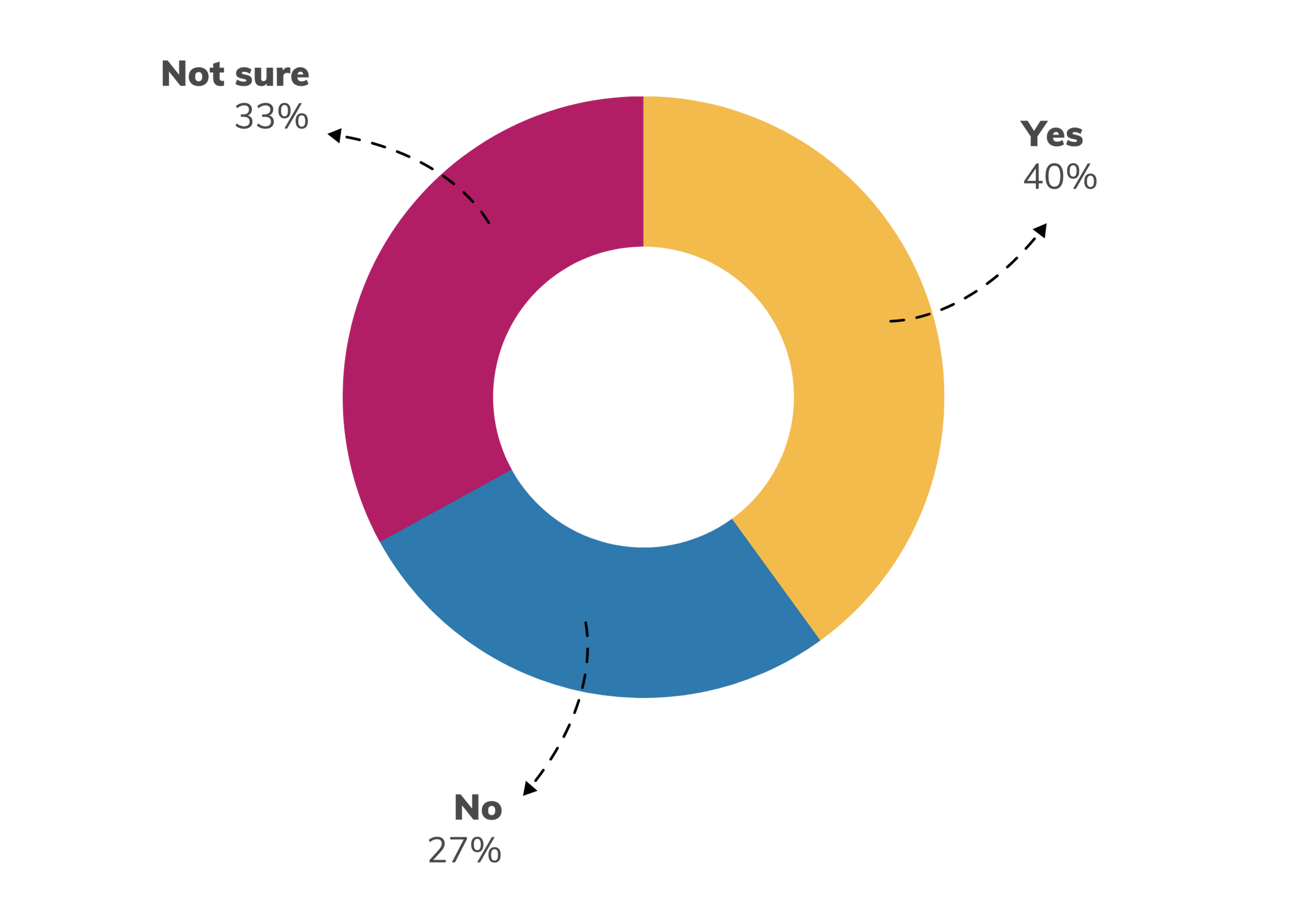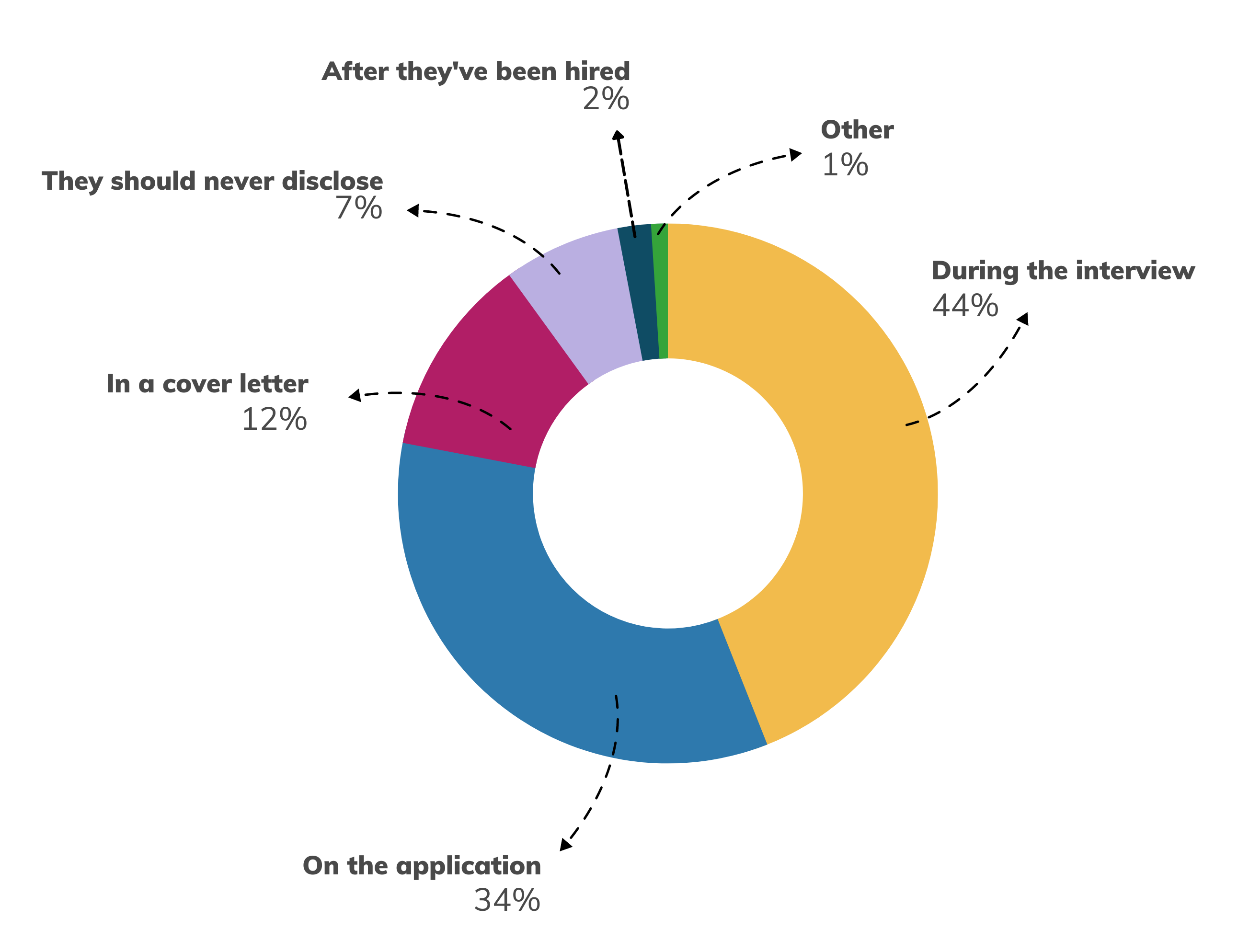Target Workplace Foundation Skills
Purpose
This is to use in the lesson
This lesson will examine a report that was collected from interviews with 1,469 employers, supervisors, and people responsible for hiring employees. The lesson focuses on whether adjudicated youth should disclose or not disclose their criminal history. Students will utilize the RADD worksheet to determine the proper response to a workplace disclosure scenario.
Review
This is to use in the lesson
5 Minutes
Tell students they will be using the RADD worksheet to choose the most appropriate alternative in deciding whether to disclose their criminal history or not. Review what each letter of the acronym RADD means— recognize the problem, generate alternatives, and so forth. Ask why it is important to think about actions, thoughts, and feelings when making a decision. Review other problem-solving characteristics and behaviors from the workplace foundation skills definitions. Emphasize that disclosing is a personal decision and that different situations might determine whether to risk disclosing or not. Explain that the RADD worksheet offers a process for making a disclosure decision.
Learning Outcomes
This is to use in the lesson
Students will:
- Generate a list of pros and cons on whether to disclose their criminal history after examining a survey conducted with employers
- Given a scenario that focuses on whether to disclose during the application process, generate a list of alternatives using the RADD worksheet.
Teaching Strategies
This is for you
- Tell students this lesson is not about the legal requirements regarding reporting juvenile criminal involvement, but instead, it is an opportunity to discuss how the business community perceives disclosing criminal history.
- Model how to read graphs by identifying the largest and smallest sections of the graph and talking about how different sections compare to each other.
- Remind students that for the specific laws related to this topic, they need to discuss this with their probation officer or parole officer.
- Remind students that specific crimes are not to be discussed.
- Be very sensitive to students’ anxiety about disclosure. Make sure you have concrete examples of the positive value of disclosure (e.g., Integrity, honesty, owning).
Required Materials
This is to use in the lesson
- What employers think about disclosure (Handout 12.1)
- RADD worksheet (Worksheet 12.2)
- Disclosure scenario one (Handout 12.3)
Vocabulary
This is to use in the lesson
Disclose: Telling something about yourself that was previously unknown. For example, you might tell an employer you have a criminal history during an interview.
Pros and cons: When you have a problem to solve, you look at how you might solve it and then consider the advantages and disadvantages of each solution. For example, you have been asked to complete a section of an application form that asks if you have ever been convicted of a crime. You need to consider the advantages and disadvantages of admitting your crime:
- A pro (advantage) would be that answering “yes” provides you with an opportunity to be honest and own your past mistakes.
- A con (disadvantage) would be to be eliminated from the employee pool because of your past mistakes.
Activity 12.1: What We Know from Employers
- Ask students if they have ever had to disclose their criminal history. If yes, why did they disclose it? If not, what were the benefits of not disclosing?
- Discuss how “owning” their mistakes might impress others. How does this demonstrate taking responsibility?
- Ask them about situations where it might not pay to reveal personal weaknesses. Why might this be viewed as using good discretion?
- Hand out the “What do employers think about disclosure?” information sheet.
- Refer back to teaching strategies about graph reading.
- Ask the following:
- What does the information sheet have to say about how employers feel about hiring people that have been involved in the juvenile justice system?
- What do they say about disclosure at the time of the application? The interview? Other times?
- What should you think about when deciding when to disclose? What are some pros and cons of disclosing?
Handout 12.1
1,469 employers, supervisors, and people responsible for hiring across the US were asked...
How likely would you be to hire entry-level applicants who have been involved in the
juvenile justice system?

Should youth disclose their prior juvenile criminal history when applying for a job?

When would be the most appropriate time to disclose?

Other employers’ thoughts on disclosure...
Activity 12.2: To Disclose or Not on the Application
- Hand out the RADD Worksheet
- Distribute the disclosure scenario one to the group.
- Model utilizing the RADD worksheet to decide on whether to disclose or not during this application scenario. Identify best alternatives—there may be several.
- Discuss other examples of when it might be appropriate to disclose or not disclose during the application process.
Worksheet 12.2
Recognize and describe the problem.
|
||
|---|---|---|
Think of and list all Alternatives that could be done in this situation. |
Decide whether this alternative would solve the problem in a good (+) or bad (-) way. If you can’t tell, use +/- |
Determine which alternative is best; put an X by it. |
| |
||
| |
||
| |
||
| |
||
| |
||
| |
||
Handout 12.3
Jason is being released from a long-term secure program and is being transitioned into an independent living program. He is on probation for a prior drug charge. He has been given 60 days to find a job. He has applied for several landscaping jobs where he has disclosed prior criminal history on the job applications. He has received no call for interviews. His deadline is approaching, and he needs to land a job immediately. He is about to fill out his eighth application. How should Jason handle disclosing his criminal background to this employer as he submits his application?
Use the RADD worksheet to determine a strategy for how Jason should approach disclosure on an application. Describe how he should handle applying for his eighth job. Ask volunteers to role-play this strategy. Ask the class how this strategy demonstrated that Jason was taking responsibility for his past mistakes.
Check for Understanding
This is to use in the lesson
After discussing disclosure issues relative to application scenarios, ask students the following:
- Which setting would feel the most comfortable to you if you were to disclose? Application? Interview? On the job?
- How does disclosing your criminal history demonstrate “owning” or taking responsibility?
- Provide an example of how to communicate disclosing your criminal involvement.
- Name two pros and two cons of disclosing.
